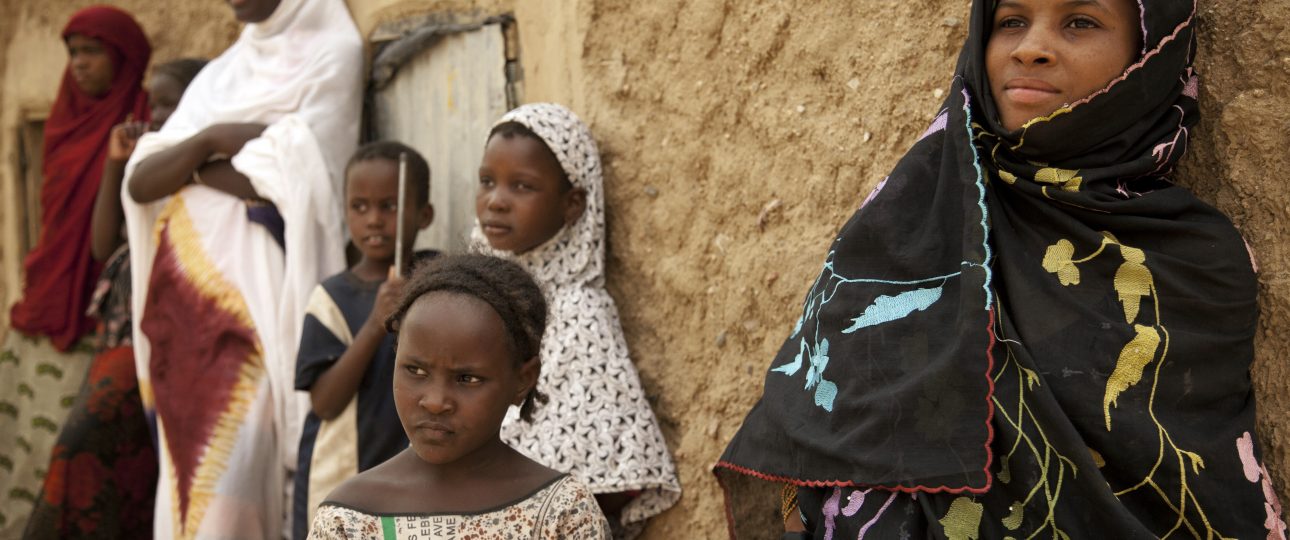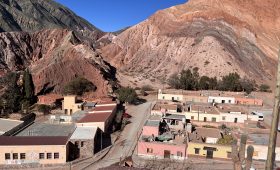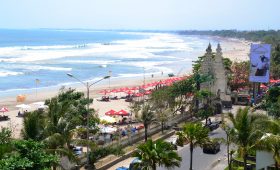Kidal, Mali: A Unique Destination in West Africa
Why Visit Kidal?
Kidal offers a distinct travel experience, far removed from the typical tourist trail. This city in Mali is rich in history and culture, offering visitors a chance to engage with local traditions and explore the striking desert landscape. Despite its challenges, Kidal provides a rare opportunity to witness a region that has been shaped by both its natural environment and its complex political history.
Best Time to Visit
Kidal has a hot desert climate, with extremely high temperatures for most of the year. The best time to visit is from November to February, when the weather is cooler and more comfortable for outdoor activities. Be prepared for chilly nights during this period, and pack accordingly.
Getting to Kidal
Traveling to Kidal requires careful planning. The city can be reached by flying into the Kidal Airport, although flight options may be limited. Alternatively, adventurous travelers can consider an overland journey from nearby towns, but it’s important to stay informed about the current security situation, as the region has experienced political instability.
Local Transportation
Once in Kidal, exploring on foot is feasible due to the city’s small size. Engaging a local guide can enhance your experience, offering insights into the area’s history and culture. For excursions into the surrounding desert, hiring a 4×4 vehicle or joining a guided tour is recommended for safety and convenience.
Notable Attractions
While Kidal may not have the typical tourist attractions, it offers unique sites that reflect its cultural and historical significance:
1. Historical Context
Kidal has been a focal point in the Tuareg rebellion and the struggle for the independence of Azawad. Understanding this history adds depth to your visit, as the city has been shaped by these events.
2. Local Culture
The city is predominantly Tamasheq-speaking, with a rich cultural tapestry that includes Songhai, Bambara, and Arabic influences. Engaging with the local community provides a deeper understanding of the region’s diverse heritage.
Where to Stay
Accommodation in Kidal is limited, reflecting the city’s remote location. Options range from basic guesthouses to more traditional desert camps. It’s advisable to book in advance and confirm arrangements, as facilities can be sparse.
Considerations
Traveling to Kidal requires awareness of the current political and security situation. The city has experienced conflict and instability, and it’s crucial to stay informed through reliable sources. Despite these challenges, Kidal offers a unique glimpse into a resilient culture and a landscape that has remained largely untouched by modern tourism.




